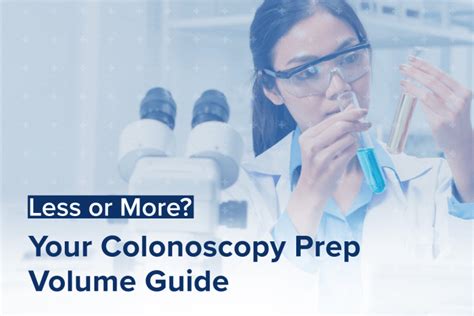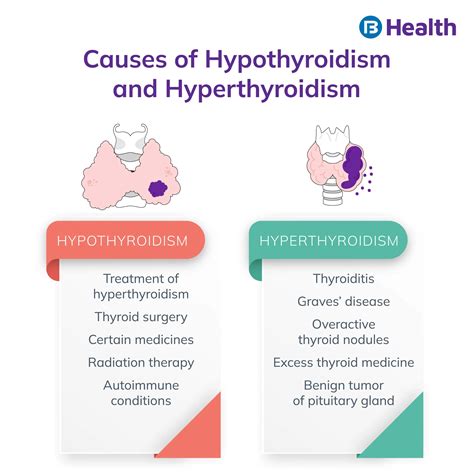Colonoscopy Success: Prep Right, Worry Less

The prospect of undergoing a colonoscopy can be daunting, filled with concerns about preparation, the procedure itself, and the potential findings. However, with the right approach to preparation and a clear understanding of the process, individuals can significantly reduce their anxiety levels and ensure a smoother, more successful experience. The key to a worry-free colonoscopy lies in thorough preparation, both physical and psychological, as well as embracing the procedure as a vital tool for maintaining gastrointestinal health.
Understanding the Importance of Colonoscopy
Colonoscopy is a preventative measure against colorectal cancer, allowing for the early detection and removal of polyps before they become cancerous. This procedure is recommended for adults starting at age 45, according to the latest guidelines, though this may vary based on individual risk factors. The significance of colonoscopy cannot be overstated; it is a lifesaving procedure that has been proven to reduce the incidence and mortality rates of colorectal cancer.
Preparing for a Colonoscopy: A Step-by-Step Guide
Preparation is the cornerstone of a successful colonoscopy. The process involves several steps, each designed to ensure that the colon is clear of fecal matter, allowing the doctor to get a clear view of the colon lining.
Dietary Changes: The first step in preparing for a colonoscopy is making dietary adjustments. Patients are usually advised to follow a low-fiber diet for a few days before the procedure to minimize the amount of residue in the colon. This may include avoiding fruits, vegetables, nuts, and whole grains.
Clear Liquid Diet: A day before the colonoscopy, the diet is restricted further to clear liquids only. This includes clear broths, plain water, clear sodas, gelatin, and electrolyte-rich beverages like sports drinks.
Colonoscopy Prep: The most critical part of the preparation is the bowel prep, which involves consuming a laxative solution to cleanse the bowel. The solution, which may taste unpleasant, works by flushing out the contents of the colon. Patients are advised to stay near a bathroom during this time as the solution takes effect.
Medications: Certain medications, especially blood thinners, may need to be stopped before the procedure. It’s crucial to discuss all medications with the doctor to ensure safety during the colonoscopy.
Transportation and Accompaniment: Since the procedure involves sedation, patients will need someone to drive them home and stay with them for the remainder of the day.
The Procedure: What to Expect
- Pre-procedure: Upon arrival, patients will change into a gown, and an IV line will be inserted for sedation and any necessary medications.
- The Colonoscopy: During the procedure, patients lie on their side, and the doctor inserts a flexible tube with a camera and light on the end into the rectum. The colon is then inflated with air to provide a better view. The doctor can remove polyps or take biopsies during the procedure.
- Post-procedure: After the colonoscopy, patients are taken to a recovery area where they can rest until the sedation wears off. They may feel bloated or experience gas, but these symptoms are temporary.
Overcoming Anxiety and Fears
It’s natural to feel anxious or fearful before a medical procedure, especially one as personal as a colonoscopy. However, understanding the procedure, its importance, and what to expect can significantly alleviate anxiety. Here are a few strategies to help manage pre-procedure jitters:
- Education: Knowledge is power. Learning about the procedure and why it’s necessary can demystify the process and reduce fears.
- Support System: Having a supportive family member or friend can make a big difference. They can provide emotional support, drive you to and from the procedure, and stay with you during recovery.
- Breathing Exercises and Relaxation Techniques: Practicing relaxation techniques, such as deep breathing, meditation, or yoga, can help calm nerves before the procedure.
- Discussing Concerns: Don’t hesitate to discuss any concerns or fears with the healthcare provider. They can offer reassurance and address any misconceptions.
Conclusion
While the preparation for a colonoscopy may seem daunting, and the procedure itself can evoke anxiety, embracing the process as a critical step in maintaining health can shift one’s perspective. By understanding the steps involved, the importance of the procedure, and implementing strategies to manage anxiety, individuals can approach their colonoscopy with confidence and minimal worry. It’s a procedure that, though uncomfortable, offers a significant reward in terms of health and peace of mind.
What is the primary purpose of a colonoscopy?
+The primary purpose of a colonoscopy is to detect and remove polyps in the colon before they become cancerous, thereby reducing the risk of colorectal cancer.
How often should a colonoscopy be performed?
+For individuals with an average risk of colorectal cancer, a colonoscopy is recommended every 10 years starting at age 45. However, the frequency may vary based on individual risk factors and findings from previous screenings.
What are the potential risks or complications of a colonoscopy?
+While generally safe, potential risks include bleeding, perforation of the colon, and adverse reactions to the sedation. However, these complications are rare and often minor.
By focusing on preparation, understanding, and support, the experience of undergoing a colonoscopy can be made less intimidating, allowing individuals to approach the procedure with confidence and a clearer mindset.



